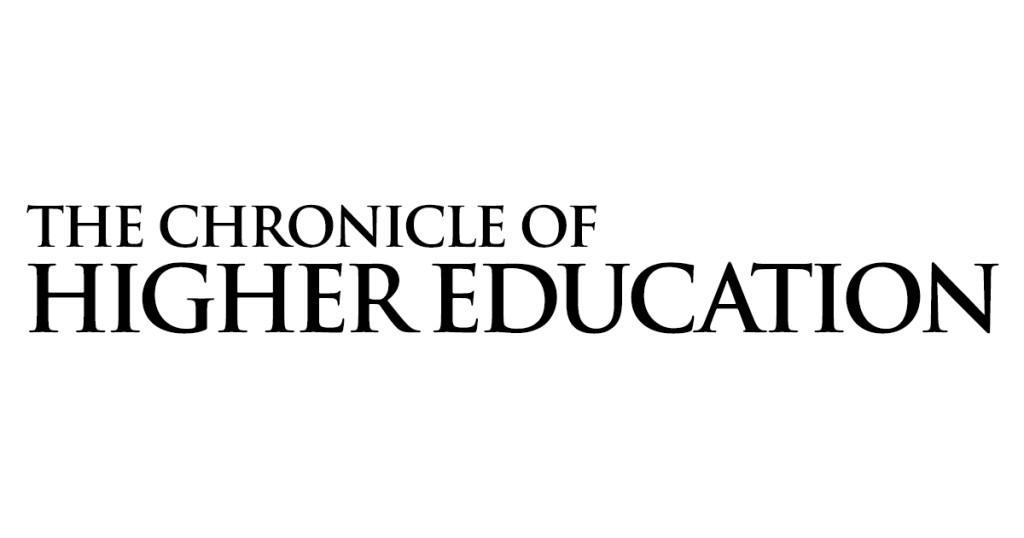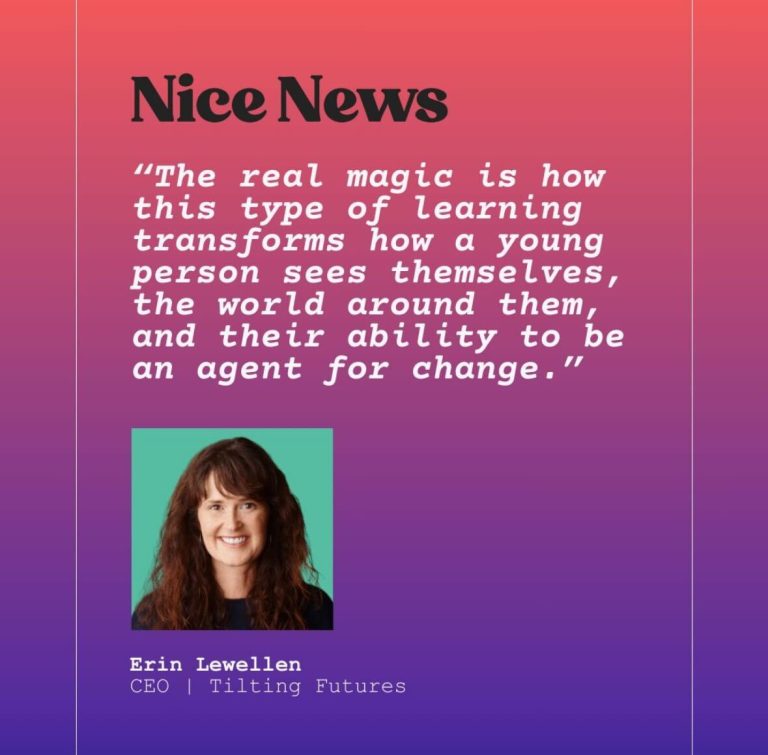Commentary by Global Citizen Year’s Abby Falik and Linda Frey published by The Chronicle of Higher Education as part of a series on Reimagining the Freshman Year.
—
It’s that time of year again. High-school seniors across the country are finishing their final exams, cleaning out their lockers, and getting ready to walk up on stage to accept their diplomas. The students know where they’re going to college, and they’ll busy themselves over the coming months by looking into meal plans, registering for classes, and contacting their future roommates. Admissions deans are still analyzing yield targets with their staff and are already looking at what they could do differently next year. It’s a predictable cycle — except for one wrinkle.
An increasing number of students are questioning whether they are ready to dive straight into four more years of classroom lectures, research papers, and cramming for exams. Many are exhausted and burned out, eager to refuel their curiosity about the world through the kind of learning that won’t appear on a transcript.
In a time of declining enrollments and shrinking high-school classes, you can’t afford to lose a third of your first-year class. A holistic approach that combines financial support with enhanced advising, earlier identification of struggling students, and a focus on fostering a sense of belonging has proven successful at one college. Could it work for yours?
Record numbers of students are contemplating a gap year before college, and they are looking for guidance on this important decision from the very colleges that admitted them. With a few exceptions, most students who inquire about a gap year will receive a silent nod from their admissions counselor and another form to fill out. Is that really the best we can do?
Over the past five years, many college-admissions offices have adopted policies that allow students to defer their admission offer for one year. The gap year has become increasingly popular with admissions leaders, who have witnessed firsthand its positive impact on students and campus culture. Yet most colleges have remained resolutely agnostic as to what students should do on their gap year, and how they might pay for it.
At first glance this might make sense. The undergraduate clock starts ticking only when an incoming freshman sets foot on campus. Or does it? Not if you believe, as we do, that one of the most effective ways to improve college outcomes is to improve the inputs. A gap year designed with purpose and intent is a journey of personal growth that helps students successfully transition to college.
At a time when traditional four-year colleges are struggling to stay relevant and high-school graduates are hungry for real-world experiences, why wouldn’t educators weigh in on the merits of a gap year? Isn’t it time for higher education to help students figure out what kind of experience will help them succeed in college and in life?



